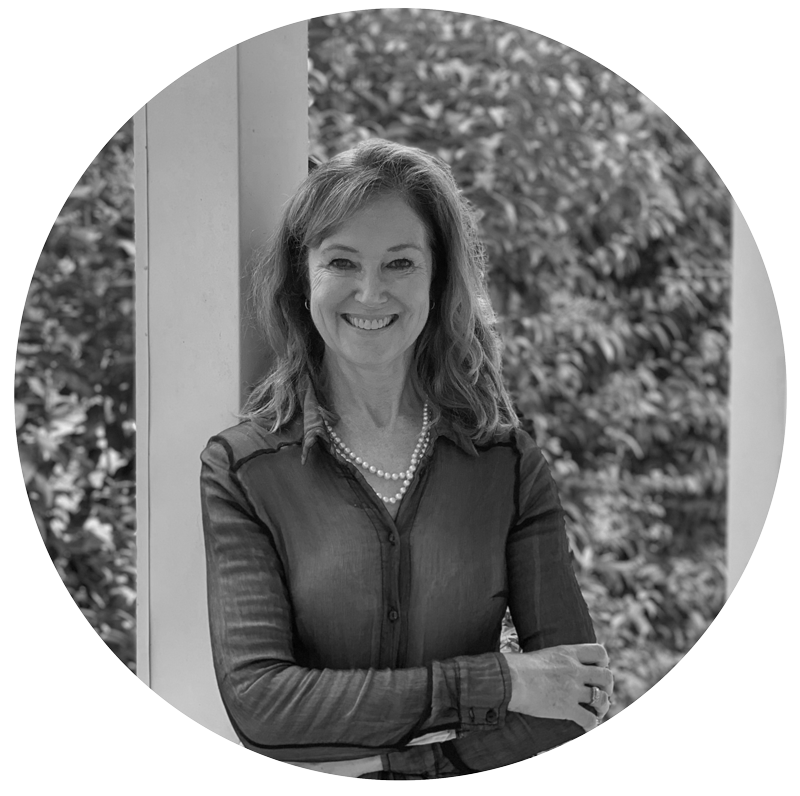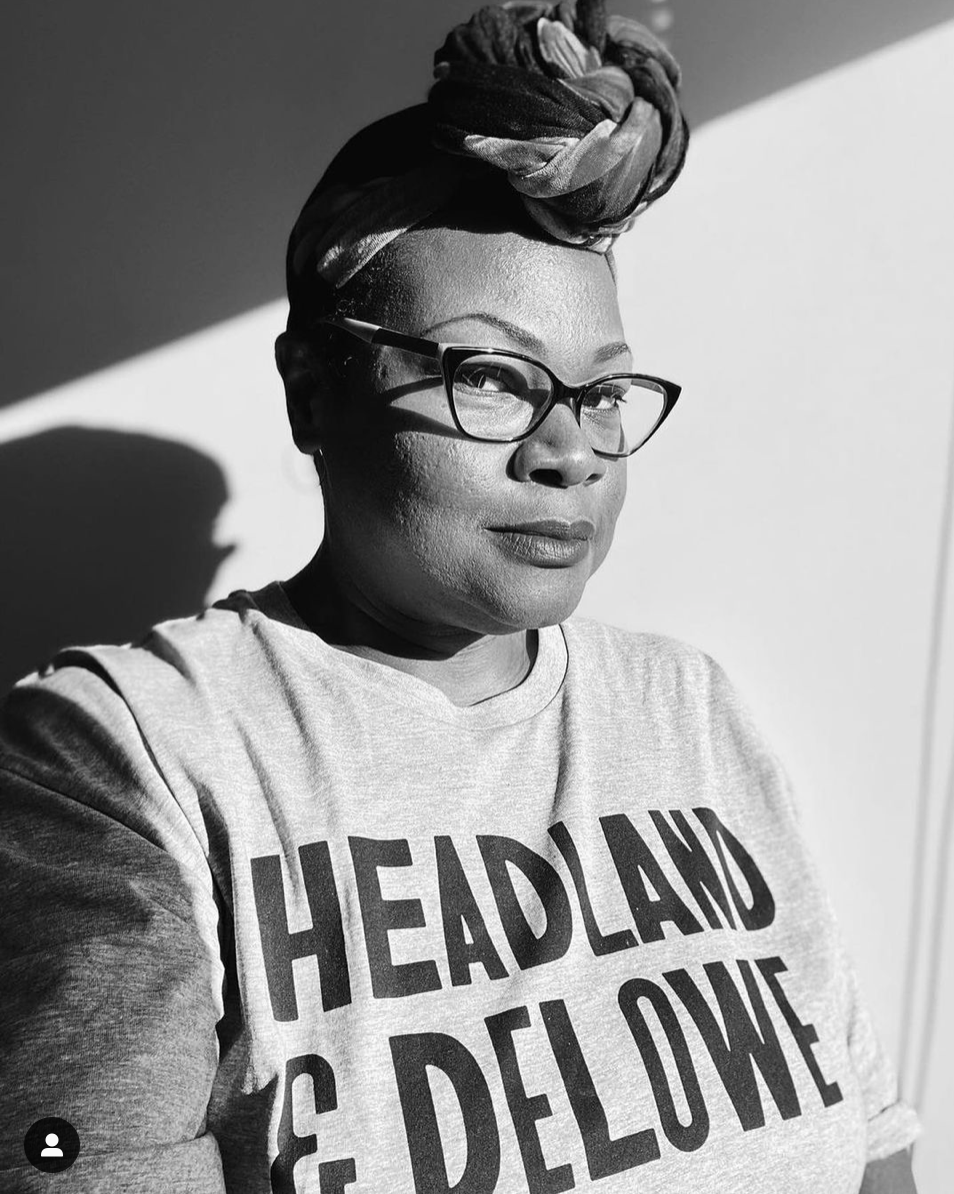Lisa Crowe reflects, “As a child, you take in what grown-ups tell you and think to yourself that some of it doesn’t add up. My parents made fun of the country people, but their clothes and houses seemed to be more fun, and free, than ours. I couldn’t figure out what was wrong with them.”
By Lisa Crowe
Everything in Birmingham, Alabama, was a big joke to my parents the two years we lived there when I was in fifth and sixth grades. First of all, there was the kudzu. All the land next to the highways looked like one big, green blanket with tree shapes under it. “They brought it over here to anchor all the dirt down, and it took over,” my dad used to tell his old friends in Richmond, Virginia, where we came from. Where they’d cut a highway through a mountain, and the green blanket hadn’t yet taken over, you could see red-orange dirt, bright like a color in a comic book. Birmingham was raw like that dirt compared with Richmond, an older, softer place. How many times did I hear my father tell people about how they’d brought kudzu over and how it had been a big mistake, and now they couldn’t take it back?
My dad said you had to watch out for the Birmingham drivers. They would veer way out into the left lane first before turning right “because they’re used to driving tractors.” We lived in a neighborhood in Richmond with brick, two-story houses that all looked alike. I’d seen tractors, but never anywhere near our neighborhood.
My mother would sometimes mention the Vulcan, a giant iron statue on top of a mountain, in a joking way. We had statues in Richmond on Monument Avenue of famous men on horses from a long time ago who were supposed to have done something brave. We took a tour of them in school. We lived in Birmingham for two years, and no one took us to see the Vulcan. It was off in the distance on a hill somewhere where nobody ever went. It seemed like we’d moved to a place where people did dumb things that they wouldn’t do in Richmond, and where some people, but not our kind of people, were proud of a big statue of the god of steel.
It was the early 1970s, and George Wallace was governor of Alabama. I’d heard his name when we lived in Richmond a few years earlier. All the girls at my school were for Richard Nixon in the election for president, and there was a rhyme about how Wallace and Hubert Humphrey could go in the garbage can because Nixon was our man. Now Wallace was leading this state we were in. I knew what he looked like. He had big black eyebrows and very black hair like he’d put the sponge tip of a black shoe polish bottle to it.
Our parents got all dressed up and went out one night while we stayed home with a babysitter. They took a bus to “MUNT-gomery.” That’s what my mother called it when she was being funny. Later, I heard my mother tell the story about that night to their Richmond friends. “You wouldn’t believe it. We went to George Wallace’s inaugural ball. There weren’t even invitations. He just said, ‘Y’all come.’ I even wore false eyelashes.” My mother never wore false eyelashes in Richmond, but in Birmingham, it was OK to exaggerate a little. It was how things were there — red, red dirt; black, black hair; big, big eyelashes; a big, big statue on a mountain.
It wasn’t just the place that my parents looked down on but the people, too, or more specifically the country people. The country people were new to me. In Richmond, the people we knew went to the same school, swam and played tennis at the same country club, and lived in the same kind of houses. In Birmingham, there were people who looked like we did, but who were different. My father’s secretary, Sherry, was one.
One Christmas, she gave him a shirt and tie set from Sears. The shirt was mauve, and the tie was wide. I thought it was pretty and would look good on my dad. I thought his navy striped ties and white shirts were boring. I was excited to see him in this new look and told him so, but he opened the gift, smiled, and never wore it.
Sherry babysat for my brother and me once at our house. She said, “You should come to our house sometime. We have Mediterranean furniture though, not antiques like your parents.” I’d never been in a house that didn’t have dark, old furniture in it. It sounded interesting and refreshing. Like the mauve shirt.
One weekend, Sherry and her husband stayed with us, and our parents left money in case they needed anything. My parents were frugal as far as food and entertainment went, and I imagine they intended the money for groceries. Sherry and her husband took us out to the Luau Restaurant and Lounge though, the one with wild decorations, three buffet tables full of sugary food, and a brown, glistening whole pig with an apple in his mouth. My brother and I still remember the abundance of food and how we got to eat all we wanted.
As a child, you take in what grown-ups tell you and think to yourself that some of it doesn’t add up. My parents made fun of the country people, but their clothes and houses seemed to be more fun, and free, than ours. I couldn’t figure out what was wrong with them.
There was another secretary my father called one evening to come and take us to her house. I don’t remember exactly what was going on, but things must have been particularly out of control that night. When I was 7 years old and still living in Richmond, my mother had told me tearfully that she had “a problem with drinking.” I didn’t know what that meant since drinking was something everyone did, but her tears were frightening. I usually played at other girls’ houses, not mine. I don’t remember what the secretary looked like or her name, but I do remember that she sat next to me on her couch and put her arm gently around my shoulder. It felt good, like being able to eat all the sticky, sweet Hawaiian food you wanted. I felt like I was melting and becoming soft, and I didn’t even know how to act. I sat very, very still, afraid if I moved the feeling, and the arm would go away.
My mother’s friend, Molly, from her AA meeting, came over one day when it was just us at home. She had a face that looked older than her dark brown hair, like she’d been in the sun a lot, but not at a pool. She didn’t wear shoes with butterflies on the toes or a jangly charm bracelet like the Richmond women. I don’t remember what she wore, but from my room, I heard her gravelly voice talking to Mom downstairs. The house felt calm that day, and I felt safe with someone taking care of my mother.
There were the people who came to the house for a Sunday lunch and were served out of sterling silver chafing dishes, and then there were the ones whom my parents called on for help, the ones who touched me and saw that I was lonely, who fed me in an unlimited way with food and love.
Sherry stayed in our lives intermittently. Another weekend our parents were away, she took us to her parents’ country house. There were stumps and scrappy pine trees in the not-landscaped yard next to a lake, a yard that also had a metal boat on a trailer and white, wild-growing bushes with a sweet smell.
A man, whether her husband or father, I can’t remember, took us fishing. When we got back, he bragged about how well we’d done, and how big the fish was that my brother caught, and how well we’d baited the hooks. I’d never seen silvery fish flapping around in a bucket on the bottom of a boat before, or live worms used for bait, or a fish scaled on a wood table under a tree.
Sherry’s mother hollowed out some lemons that weekend and put Jell-O inside them. She’d cut a recipe out of a magazine and had been wanting to try it. I never knew you could do that. I thought a lemon was a lemon, but she scooped out the sour pulp, scraped away the bitter pith, mixed up some Jell-O, and put candy sweetness inside.
I’d never caught or cleaned a fish or had grown-ups try a new recipe for me and spend time planning a weekend just for my delight. It was delicious and filling, like the shiny, pineapple-doused food at the Luau; free and easy, like a mauve shirt from Sears or like furniture that you picked just because you liked it, not because you were trying to be something. It was sweet like Jell-O in a hollowed-out lemon. And that was not a joke.
Lisa earned a B.A. in French from the University of Virginia and an M.D. from the University of North Carolina, Chapel Hill. Happily retired from medical practice, she enjoys participating in activities at The Porch Writers’ Collective in Nashville, Tennessee, doing film photography, and learning Italian. Her writing has appeared in Tending the Fire, a quarterly publication of The Center for Contemplative Justice, The Sun, and The Allender Center blog.






